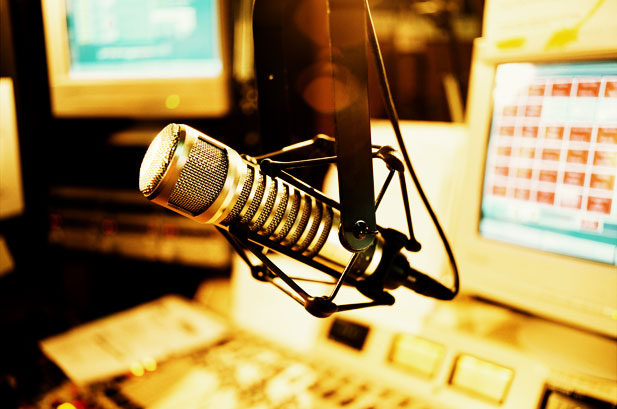Bhubaneswar: The Ministry of Information and Broadcasting has declined to entertain questions from the public and media on issues of granting approvals to 31 community radio stations proposed to be introduced by the state government.
The state in 2016 had proposed to set up 31 such radio stations to facilitate a direct dialogue between Chief Minister Naveen Patnaik and the people. It was planned to rope in 31 Krishi Vigyan Kendras (KVKs) under the Orissa University of Agriculture and Technology (OUAT) and funded by the Centre to provide space and infrastructure to launch such radio stations.
The move could have created Patnaik’s own Mann Ki Baat in Odisha on the lines of Prime Minister Modi’s pet radio programme. However, the proposal seems to have gone into cold storage.
An RTI application was filed by this correspondent on the status of the proposal with the ministry. But the ministry, did not deem it fit to answer even one of the four questions posed to it on the community radio stations. It cited ‘‘confidentiality’’ to deny the information under RTI.
“Under Section 8(1) of RTI Act, 2005, the information cannot be disclosed,” the ministry said against the queries raised by this reporter relating to the matter. The Section 8(1)(f) of the RTI Act 2005, mandates that information under the act could be denied when the information is received in “confidence from foreign government.”
However, experts on the matter claim that launch of community radio stations was not exclusively restricted to broadcast the CM’s interaction. Many claim that community radios serve as the third tier radio broadcasting system which is meant to empower the local community in various languages and dialects through information.
“Those 31 community radios were supposed to be operated by local communities in seven different languages. It was meant to empower farmers, women self help groups and others through information. The plan was to involve local community and discuss local issues,” said SN Pashupalak, former OUAT vice chancellor, who played a key role in the process initially. Such radio stations have empowered the local communities in the past and the same was tried to be replicated through this project, he told Orissa POST.
However, well-placed sources in the state government admit that political pressure might have delayed the process as this could directly affect the Prime Minister’s Mann ki Baat programme. Political pundits believe such interactions could directly link the political heads of the state with the electorate.
A source who took part in some state-centre negotiations said, “First the ministry objected to the word ‘Biju’ in the Biju Gaon Radio under which everything was planned. The state removed the word and moved ahead with ‘Ama Gaon Radio’. However despite the approval of the Agriculture Ministry the programme is yet to see light of the day,” he said.




